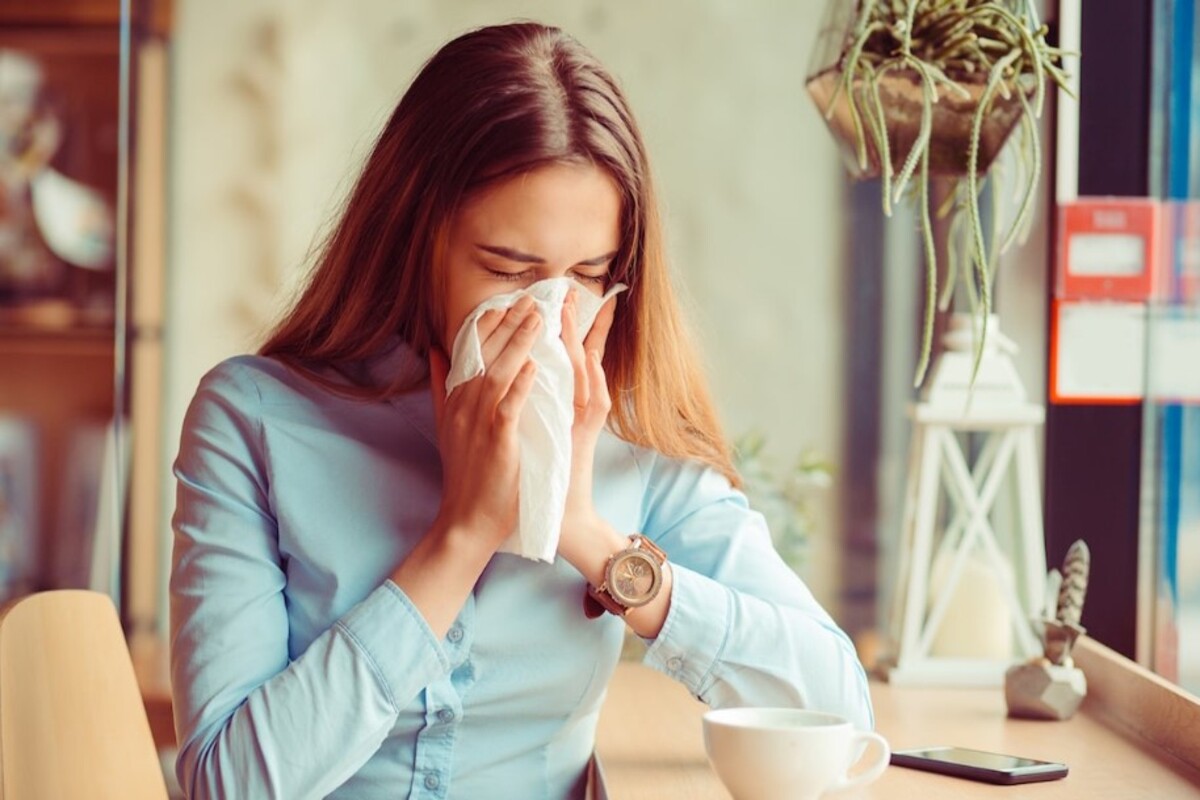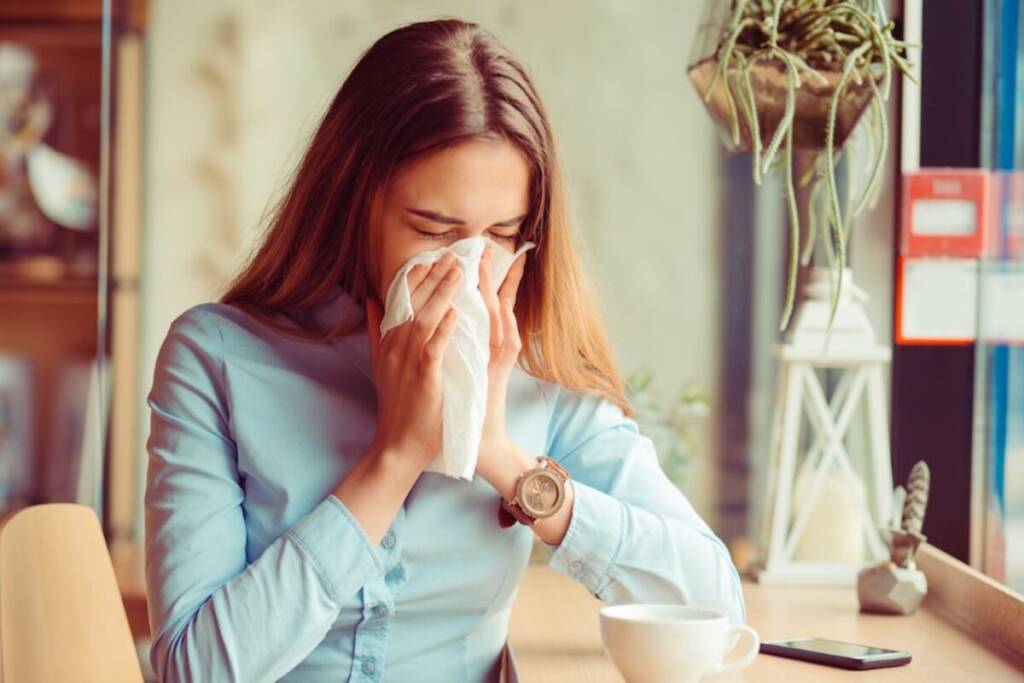Health
Pollen allergy in autumn: what you need to know

It is believed that spring is the most critical season for those affected by pollen allergies, and these months of the year can actually be quite problematic for those who live with this condition, but unfortunately autumn is no different.
Ambrosia, grasses, parietaria, are just a few plants that release their pollen in this season, therefore it is necessary to be careful; a lot depends, of course, on the type of plant to which you have an allergy.

What is an allergy
Allergy is a reaction of the organism towards foreign substances with which it can come into contact for purely environmental reasons.
When the body comes into contact with these substances, although harmless, it reacts with inflammation , which can affect the skin, lungs, nose or eyes.
What is pollen allergy
Pollen, or those small granules produced by flowers which, due to their lightness, manage to move very quickly in the air, is probably one of the most widespread allergens.
In the most critical periods of the year, such as spring, in fact, but also autumn, the allergic person can easily come into contact with these allergens, especially if he is in natural contexts, and the manifestations of the allergy vary in relation to the way in which this contact takes place.
Typical symptoms of pollen allergy
It is very common for pollens to reach the airways , and this can lead to rhinitis, sneezing and nasal congestion, if instead the pollens creep into the eyes , conjunctivitis and episodes of copious lachrymation can appear.
Even the skin can be subject to symptoms of an allergy to pollen, where it comes into contact with it, and in these cases dermatitis, urticaria and similar manifestations can occur.
The importance of undergoing specific tests
If we talk about allergies, obviously, it doesn't make any sense to go overboard in self-diagnosis, also because the symptoms described can be associated with the most disparate reasons.
What you need to do is carry out the appropriate tests suggested by your doctor, which can consist of blood tests or allergy tests, performed directly on the skin; in this way it will be possible to know for sure if you have an allergy to pollen and above all to which types of pollen you are allergic.
Pollen allergy remedies
For those affected by a pollen allergy, the best advice is to try to avoid coming into contact with the allergen.
In the most critical periods, which as mentioned vary in relation to the type of plant to which one is allergic, one should avoid spending time in natural areas where there is a significant amount of vegetation, for the same reason it is advisable to avoid keeping the windows of the house are open for a long time.
Naturally , pharmacological remedies may be necessary which mainly consist of the use of antihistamines , i.e. over-the-counter drugs which, not requiring a medical prescription, can also be purchased online from e-commerce such as Slowfarma, nasal sprays, or eye drops, in case where the inflammation affects the eyes.
Riproduzione riservata © - WT











